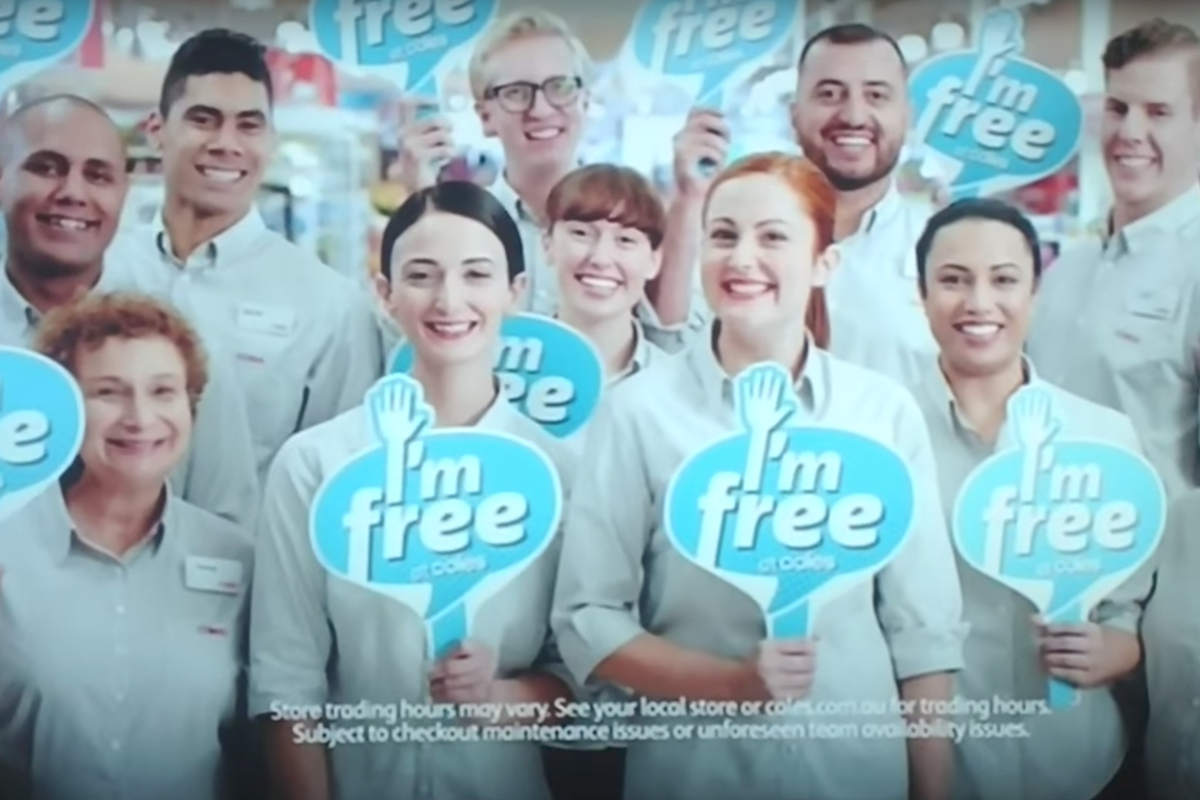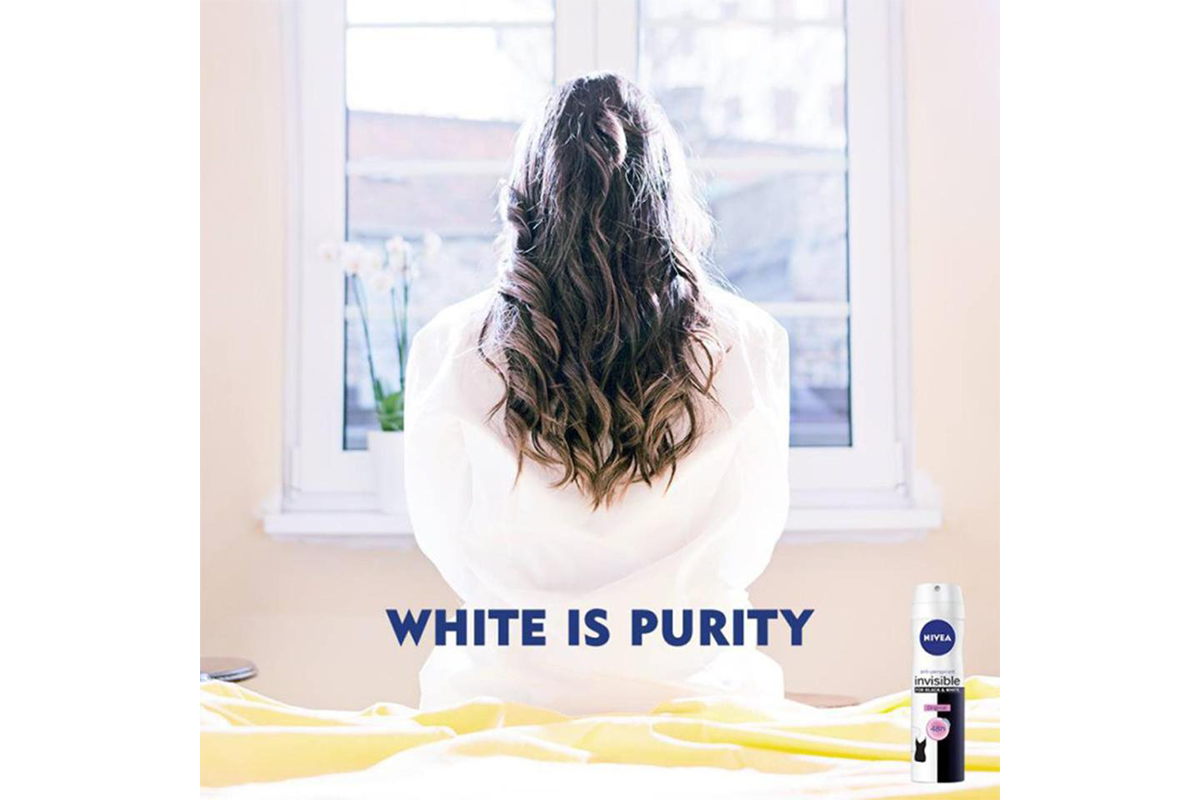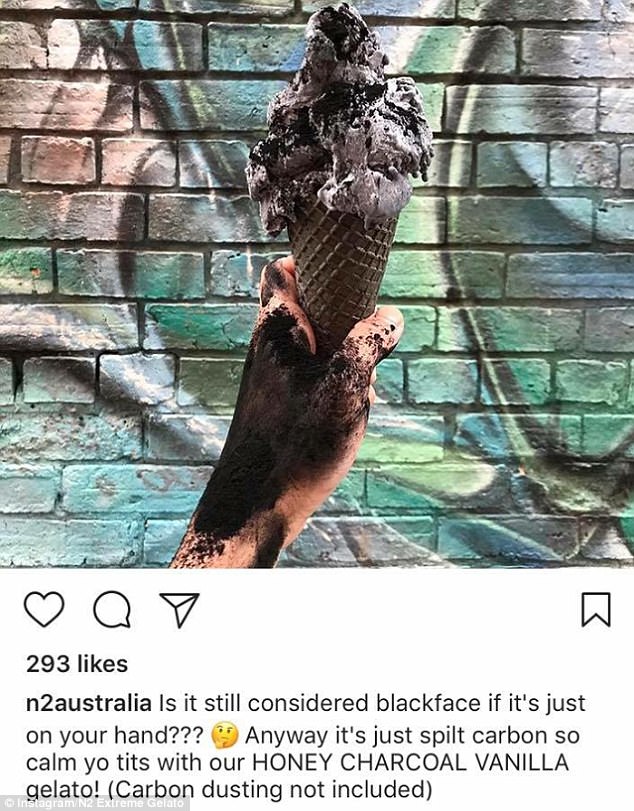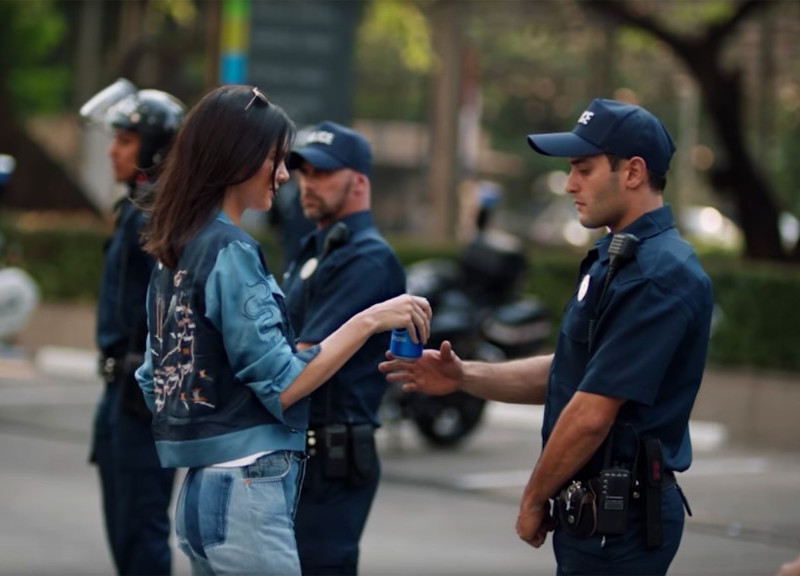We’re not even half way through the year, but already a surprising number of marketing campaigns have managed to strike the wrong chord with audiences. From Pepsi’s infamously tone-deaf Kendall Jenner protest ad to Nivea’s poorly worded ‘white is purity’ Facebook post, some big names have made some… questionable choices when it comes to their advertising.
One would think that in 2017, most of these blunders would be obvious. That, say, ‘don’t be racist’ would go without saying. But it turns out some companies still need to be told.
So, for businesses that don’t want to anger, alienate or outrage their customers this year, here are a few tips on what to avoid.
1. Don’t capitalise on child bereavement: McDonald’s’ Filet-o-Fish ad
The most recent ad to spark internet-wide outrage comes from McDonald’s UK. In the company’s latest spot, a young boy asks his mum about his father, who has passed away. At first, it doesn’t seem like he and his dad had anything in common. But then, the pair goes to Maccas, he gets a Filet-o-Fish, and mum tells him, ‘That was your dad’s favourite too.’
That’s right, the kid can feel better now because he and his dad have the same (questionable) taste in burgers.
The ad, created by London advertising agency Leo Burnett, was originally meant to run for 7 weeks. But after copping a storm of criticism on Twitter, and from bereavement group Grief Encounters, which told the BBC it had received ‘countless complaints’, McDonald’s has decided to pull the spot.
I'm really not convinced 'your dad's dead, let's go and have a @McDonalds' is a great ad campaign.
— Bogwoppit (@Bog_woppit) May 14, 2017
You said it, Bogwoppit.
2. Don’t engage in ‘faux activism’: Pepsi’s ‘Jump in’
Unless you’ve been living under a rock, you will have read all about the controversy stirred up by Pepsi’s faux-test ad. (And yes, ‘Live For Now Moments Anthem’ is the ad’s actual not-very-catchy title.)
But for all you rock-dwellers, here’s a quick recap: model and Kardashian-tribe-member Kendall Jenner is in the middle of filming an ad, when a non-descript protest passes by, inspiring her to whip off her blonde wig and join in. The ad culminates with Jenner uniting everyone in peace and happiness… by handing a police officer a Pepsi.
The backlash was swift, and people were left wondering how on earth this ad got approved? Pepsi pulled the spot less than 24 hours after its release, and the company responded with a statement saying, ‘Pepsi was trying to project a global message of unity, peace and understanding. Clearly we missed the mark, and we apologize.’
The lesson here is clear. In today’s climate, it’s not ok for an ad to trivialise social justice movements. If a company is going to make an ad that comments on the issues of the day, it can’t just jump on the bandwagon; it needs to take a stance. The tagline at the end of the ad begins with ‘Live bolder’. Perhaps Pepsi should have taken its own advice.
3. Don’t creepily invade your customers’ homes: Burger King’s ‘Ok Google’
This ill-judged Burger King ad features an employee leaning into the camera to ask, “OK Google, what is the Whopper burger?”, with the intent to trigger Google Home and Android phones to read out the answer, which Google pulls from the Wikipedia entry on the Whopper.
Now, Burger King made a few mistakes here, so where to begin? How about: don’t make an ad that relies on Google and Wikipedia without consulting either Google or Wikipedia. Next up: never let your ad rely on the behaviour of the public. This one cannot be stressed enough. Here’s why:
Anyone can edit Wikipedia. So, while Burger King most certainly changed the text on Wikipedia prior to airing the ad, after the spot went live, Wikipedia users went nuts, adding cyanide, rat, toenail clippings and even a ‘medium-sized child’ to the list of Whopper ingredients.
Google stopped devices from responding to the ad just three hours after it was released, and Wikipedia editors asked for an apology. Google Home and Android users were also, understandably, a little creeped out by the whole thing.
4. Don’t open your staff up to sexual harassment: Coles’ ‘I’m free’
Again, never let your campaign rely on the behaviour of the public. And this time, unlike the Burger King ad, misguided marketing led to IRL harassment.
The supermarket giant decided to make sure all checkouts were staffed over the Easter holiday period. This was not the problem. In fact, many consumers were delighted to know Coles was improving its customer service.
The problem was that, to let everyone know there were plenty of staff available, Coles had its workers hold signs boldly proclaiming, “I’m free”. Cue the sexual harassment of staff as customers asked, “When can I take you home?” and made lewd comments aimed at (mostly young female) staff members.

The company was forced to wind back the campaign, with a spokeswoman stating, “Unfortunately in response to a small number of customers behaving disrespectfully to team members, we have now removed the hand-held signs.”
The signs may have been intended as a fun way to promote heightened customer service over Easter, but any campaign that leaves staff feeling unsafe and uncomfortable in their place of work needs a rethink.
5. Don’t be insensitive: Adidas’s ‘You survived the Boston Marathon’
This face-palm moment is almost unbelievable. After this year’s Boston Marathon, Adidas sent participants a marketing email with the subject line: ‘Congrats, you survived the Boston Marathon!’, somehow forgetting that 5 years ago, 3 people died and more than 260 were injured in the 2013 Boston Marathon bombing.
.@adidas you may want to rethink the subject line pic.twitter.com/curUb8FieO
— Mike Denison (@mikd33) April 18, 2017
Adidas swiftly apologised, stating in an email to Time magazine,
“We are incredibly sorry. Clearly, there was no thought given to the insensitive email subject line we sent Tuesday. We deeply apologize for our mistake. The Boston Marathon is one of the most inspirational sporting events in the world. Every year we’re reminded of the hope and resilience of the running community at this event.”
The company will most likely put a little more thought into emails in future.
6. Don’t be racist: Nivea’s ‘White is purity’
This gem originally went up on the German company’s Middle East Facebook page.
And the social media backlash was swift. Even worse for Nivea, for as many people that were condemning the racist rhetoric in the comments, there were white supremacists praising the company for the campaign.

The post was taken down, and the company released a statement that the “image was inappropriate and not reflective of our values as a company. We deeply apologize for that and have removed the post”.
Sadly, this isn’t the first-time Nivea has come under fire for racist advertising. A 2011 campaign depicting a black man with a shaved head about to toss away the decapitated head of another black man with an afro, was accompanied by the slogan ‘Re-civilise yourself’.
Seems like 6 years on, they still haven’t learnt their lesson.
7. Also, don’t make light of racism: N2 Gelato’s ‘blackface’
This one isn’t a campaign as such, but these days what a company says on its social media accounts, well, counts. N2 Extreme Gelato’s social media manager recently found this out the hard way.
To herald the release of the company’s new honey charcoal vanilla flavour, an image of a cone of the gelato, held by a charcoal covered hand, was posted to its Instagram, with the caption “Is it still considered blackface if it’s just on your hand??? Anyway it’s just spilt carbon so calm yo tits with our HONEY CHARCOAL VANILLA gelato!”

Putting aside the horrific use of the phrase ‘calm yo tits’, if there’s one thing Australia never seems to learn, it’s that blackface is no joke. Fortunately, N2’s customers quickly let the company know how they felt about making light of racism.
8. Don’t mix beer and politics: Coopers Brewery’s ‘Keeping it light’
Cooper’s Brewery also learned not to wade into the weightier issues earlier this year, after its involvement, unwitting or not, in the Bible Society’s ‘Keeping it light’ video led to #boycottCoopers and pubs actually pouring away their supplies of the beer.
The video, which featured Liberal politicians debating marriage equality over a cold one, was not taken to kindly by viewers, particularly those who don’t see marriage equality as a subject for light-hearted debate, but rather a human right.
9. Don’t market an experience you can’t deliver: Fyre Festival
Poor Kendall just can’t catch a break. Not only was she roundly criticised for the Pepsi ad, she was also involved in spruiking the catastrophic failure that was Fyre Festival. Promised as a luxury music festival, with tickets costing anywhere from $1,000 to $250,000, the event lured cashed up millennials to the Bahamas, only to be stranded on an island with not enough accommodation, food, water or electricity. And definitely no music.
We have been locked indoors with no air NO FOOD and NO water #fyrefestival #fyrefest fyrefraud pic.twitter.com/wg5pZmSvnx
— Lamaan (@LamaanElGallal) April 28, 2017
But who did the luring? The social media ‘influencers’. In the lead up to the festival, Insta-celebs like Kendall Jenner, Hailey Baldwin, Emily Ratajkowski and nearly 400 others, were flown to the Bahamas for a luxury trip. In return for the free holiday, all they had to do was post pictures of their trip to their social media accounts. To their hundreds of thousands, if not millions, of followers. Which they did, without mentioning the fact that it was a sponsored post i.e. an ad. The festival sold out, before any of the headline acts were even announced.
In the aftermath of the Fyre Festival, influencers were hastily deleting their pics of the Bahamas trip and backing away from all responsibility.
We can only hope that consumers will think twice about trusting the endorsements of social media influencers in future. And that the influencers will be a whole lot more careful about what they endorse.







